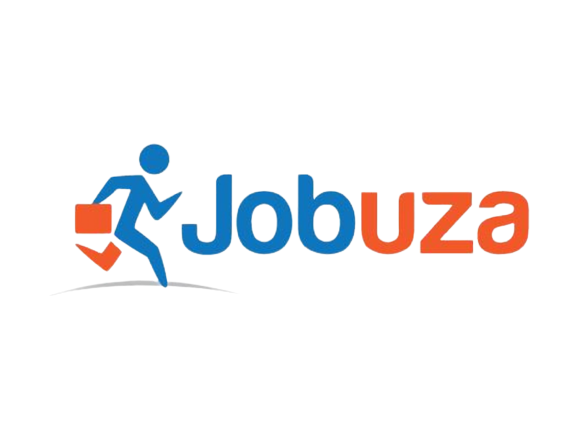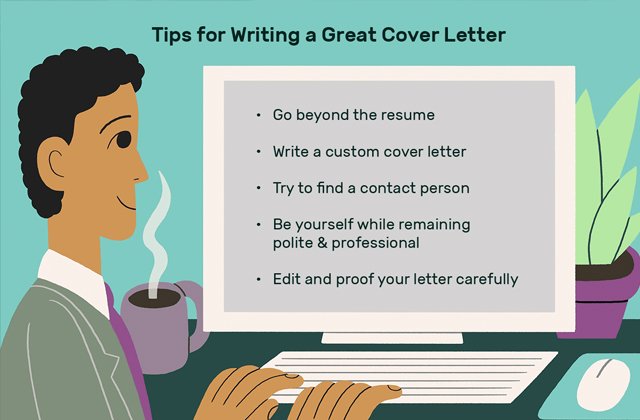As someone on both sides of the hiring process, I cannot stress enough how important a cover letter is in your job application. It is your opportunity to showcase your skills, experience, and personality and convince the employer why you are the best fit for the job. In this blog post, I will share four cover letter tips to help you create a lasting impression and increase your chances of getting hired.
The Importance of a Cover Letter
While a well-written resume is important, it is not enough to stand out in today’s competitive job market. A cover letter is your chance to introduce yourself to the employer, explain your interest in the position, and highlight your relevant skills and experience. It is also an opportunity to show your enthusiasm for the job and the company and demonstrates that you have done your research.
A cover letter is particularly important for job seekers looking to switch careers or industries, as it allows you to explain why you are making the transition and how your skills and experience can be applied to the new role. It also shows that you are willing to put in the effort to tailor your application to the specific job and company, which is a trait that many employers value.
Understanding the Purpose of a Cover Letter
Before you start writing your cover letter, it is important to understand its purpose. A cover letter should:
- Express your interest in the post and introduce yourself.
- Highlight your relevant skills and experience and how they align with the job requirements.
- Demonstrate your enthusiasm for the job and the company, and show that you have done your research.
- Convince the employer why you are the best fit for the job and why they should invite you for an interview.
Instead of merely restating what is on your CV, your cover letter should elaborate and add context. Additionally, it should be tailored to the particular position and business rather than using generalizations that could apply to any position.
Basic Elements of a Cover Letter
A cover letter should be no more than one page, with three to four paragraphs. These are the fundamental elements of a cover letter:
- Introduction: Introduce yourself and state why you are interested in the role, to begin with. Describe how you learned about the position and why you are drawn to the organization.
- Body: The body of the cover letter should highlight your relevant skills and experience and how they align with the job requirements. Provide detailed examples and mention your achievements wherever possible. Make use of the job description and company website to customize your message for the position and the firm.
- Conclusion: Summarising your qualifications for the position and highlighting your eagerness to interview are good ways to close the cover letter. Give your contact information and thank the employer for their time and consideration.
Four Cover Letter Tips for Making a Lasting Impression
- Be specific: Use specific examples from your experience to demonstrate your skills and achievements. Avoid making generalizations that might be applied to any employment.
- Customize your message: Tailor your cover letter to the specific job and company. To learn about the company’s values, mission, and culture, consult the job description and website.
- Show your enthusiasm: Demonstrate your passion for the job and the company. Explain why you are excited about the opportunity to work there and how you can contribute to their success.
- Be professional: Use a professional tone and avoid slang, jargon, or overly casual language. Verify the grammar and spelling in your cover letter.
Using a Cover Letter Template
Many of the templates that are accessible online can provide you with a structure and lead you through the process if you are unsure of where, to begin with your cover letter. However, adapting the template to the unique job and firm is crucial to avoid using overly generic wording.
A good cover letter template should include the basic elements of a cover letter, such as an introduction, body, and conclusion, and provide space for you to highlight your relevant skills and experience.
Common Mistakes to Avoid in a Cover Letter
While a well-written cover letter can increase your chances of getting hired, a poorly written one can harm your chances. Here are some common errors to avoid:
- Repeating information from your resume
- Using overly generic language
- Focusing too much on your own needs and not enough on the employer’s needs
- Making spelling or grammatical errors
- Using a tone that is too simple or unprofessional
- Not tailoring your message to the specific job and company.
Conclusion
A strong cover letter might make all the difference in your job application. Following these four cover letter tips and avoiding common mistakes can increase your chances of making a lasting impression and getting invited for an interview.
Remember to customize your message to the job and company, and show enthusiasm for the opportunity. Also, check your cover letter’s spelling and grammar mistakes.
Good luck with your job search!






